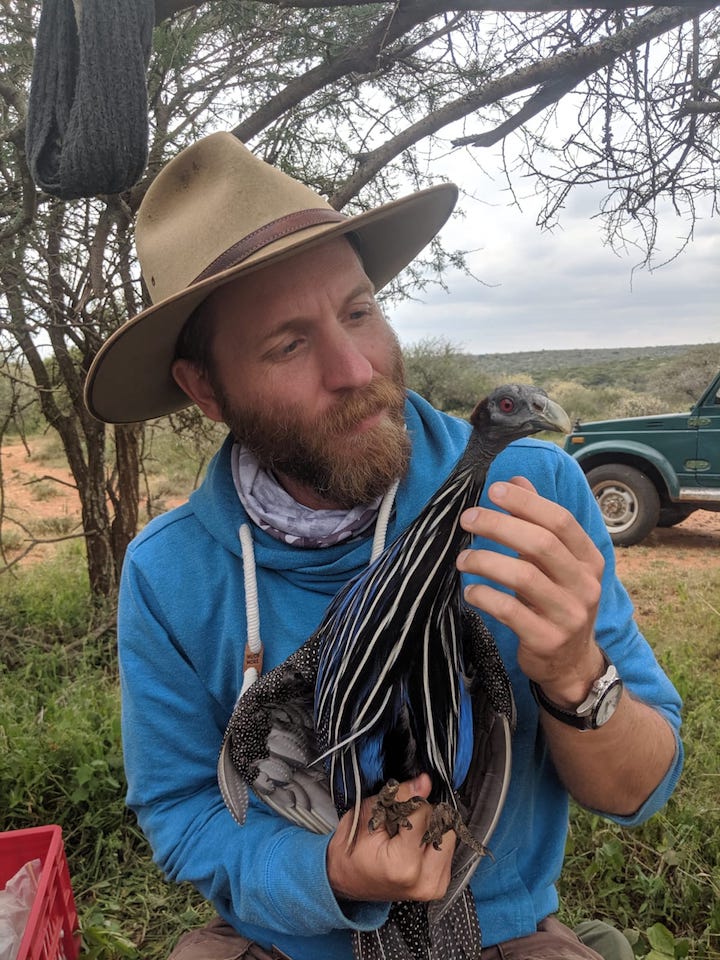Group-living brings many benefits for individual foragers, such as greater access to information about the environment. However, for the many species that form and live in permanent groups—those with a fixed membership that is maintained across seasonal conditions—group-living introduces novel challenges. For example, they have to reach consensus about when and where to move next. Understanding how group-living animals resolve such challenges is a central aim of my research group. We address this aim by combining fine-scale tracking of animals in the wild and in captivity with theory and simulations. In this talk, I will draw from each of the themes of research in my lab to reveal how group foraging increases the benefits to individuals, how groups make decisions about where to forage next, and how we can draw from classical foraging theory to explain common patterns of collective foraging.

Animals rarely exploit resources alone. Indeed, the ability of individuals to locate, secure and utilise a wide range of resources, including mates, territory and food, is often influenced by the behaviour of others. Crucially, this can influence the payoffs and uncertainty associated with different actions. Here I show how such social dependencies can influence both the development and evolution of individual resource exploitation behaviour in interesting and unexpected ways. First, I show how polarisation in individual behaviour readily develops within groups of otherwise identical exploiters in a well-known social foraging context – the producer-scrounger game – when they use reinforcement learning to control their actions. Then I show how the potential for this kind of behavioural differentiation within social groups can select for the evolution of genetically determined behavioural polymorphisms in another well-known social resource exploitation context – the hawk-dove game. In this way, I demonstrate how important it is to explicitly consider evolutionarily relevant social feedbacks on individual behaviour when hypothesising about resource exploitation behaviour under ecologically realistic conditions.
